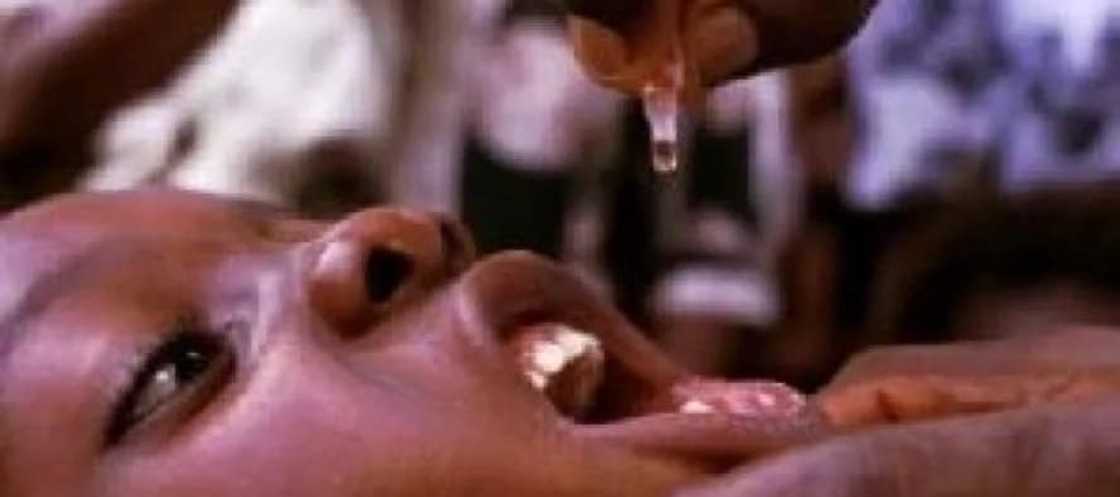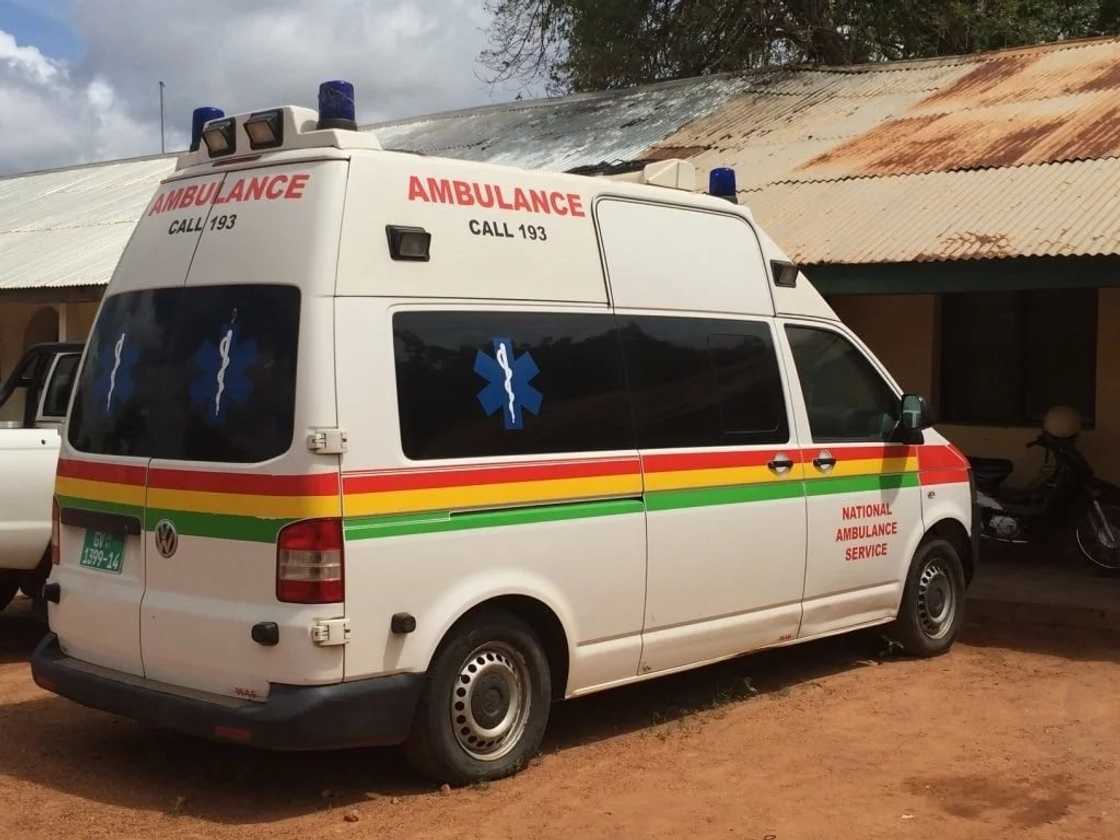Brief History of Ghana Health Service
The Ghana Health Services was established during health sector reforms that occurred in 1996 under Act 525 of the reformed constitution. It became an independent body solely entitled to providing health services to all Ghanaians. It also has the authority to implement national policies with the council of the Minister of Health Ghana.

Ghana Health Services Reforms
As part of the reforms, all of its employees were liberated as civil servants in the Ghanaian government. This was to increase the service output of the employees to the citizens.All of the managers and workers under the Ghana Health Services could no longer subscribe to the tedious civil services and procedures.
The reforms were part of the recommendations raised during the reorganization in 1993. During the brief history of Ghana, some of the key concerns raised was the poor state of health services in the country. The health care system was flawed and lacked the proper tools and human resource to deliver world-class health services to all Ghanaians.
The reforms recommended during the conference in 1993 paved way for the establishment of the Ghana Health Services. The main concerns raised formed part of the framework for the formation. It also had a clearly designed and elaborate system dictating managerial roles and responsibilities. Also, it dictated the means of decentralization of hospitals into the many districts across the country.
It also stipulated the criteria that should be employed when allocating resources. This was after several allegations of misuse of resources by the working fraternity. Also, performance contracts were introduced in order to monitor the services health instructors offered in the health sector. After formation of Ghana Health Services, they were mandated by the constitution to come up with objectives.
READ ALSO: Brain drain among doctors down by 95%
Some of the objectives formed revolved around implementation of national policies concerning the health sector in the country. They also pledged to improve the health care system so as to provide good quality health services to Ghanaians.
History of Ghana National Health Insurance Scheme

Even after the reforms made in the Ghana Health Services, the cost of health service was a burden to most Ghanaians. The hard-economic conditions denied many of the Ghanaians access to quality health care. In the early 1990’s, the government tried to finance health care services through community-based health insurance schemes.
The scheme failed to work due to proximity issues. Only few Ghanaians in specific areas could access the services. This led to the formation of the National Health Insurance Scheme under Act 650 of the constitution in 2003. The main objective of the scheme was to provide a general medical cover to Ghanaians. The insurance scheme covered health services for both district and private hospitals in Ghana.
READ ALSO: Ghanaian doctor "slams" Bawumia for seeking medical care in UK
Some of the listed services under the National Health Insurance Scheme include in-patient services, diagnostic testing and operations. It was made mandatory under Act 650 of the Ghanaian constitution for all citizens to enroll in the scheme. Since the history of Ghana health service, the number of people under the scheme has increased tremendously since many Ghanaians have become open to the idea.
The scheme recently included coverage for expensive medical procedures such as dialysis, cancer screening and treatment, organ transplants and surgeries. The scheme is financed by monthly fees from registered members, premiums from individuals, donors and the National Government of Ghana.
Source: YEN.com.gh



